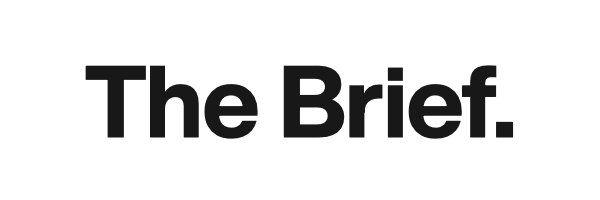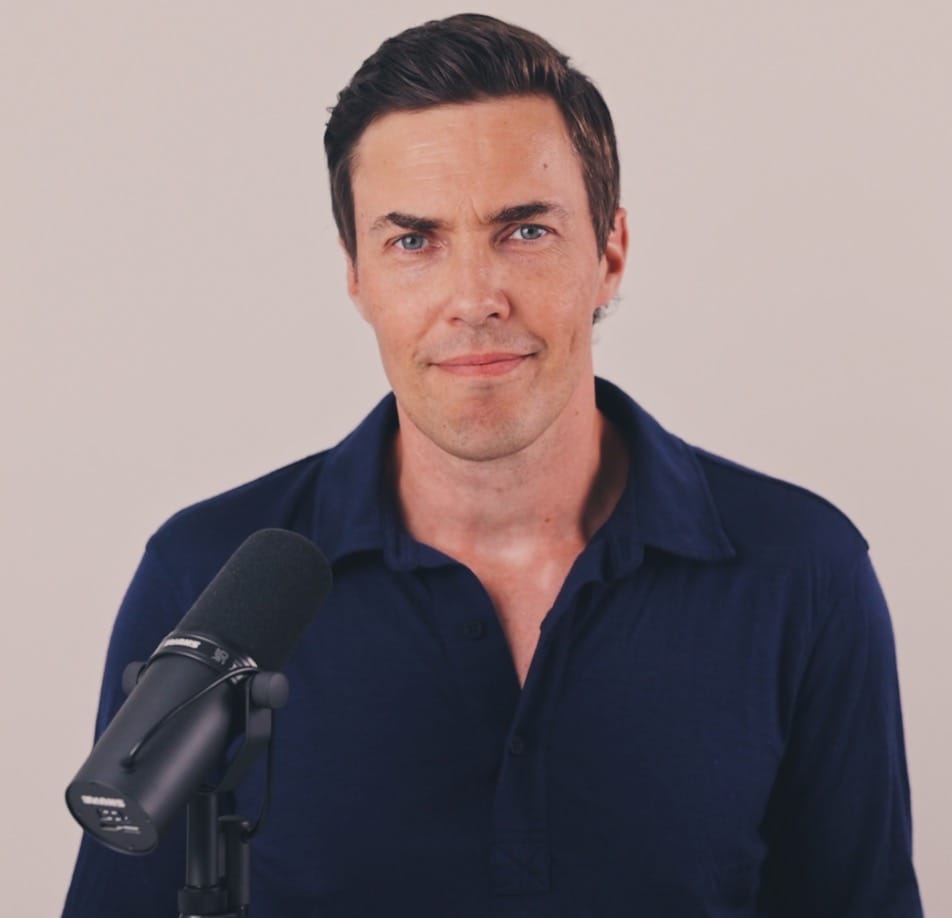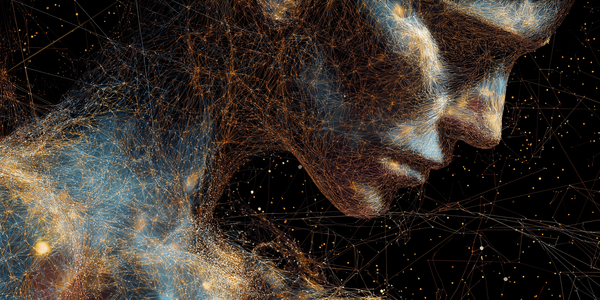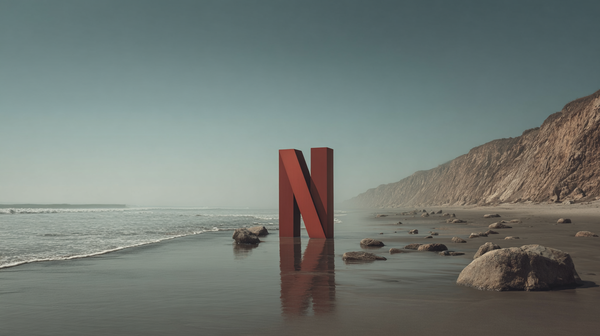In Oliver Stone’s Wall Street, Gordon Gekko delivers one of cinema’s most enduring lines: “The most valuable commodity I know of is information.” In the 1980s, that statement was pure power. Information was scarce, access was privilege, and the few who possessed it could outmaneuver the market and everyone in it. Today, that equation has inverted. Information is no longer scarce — it’s infinite, ubiquitous, and cheap. The problem isn’t access; it’s excess. What was once a competitive edge has become a cognitive burden. Gekko needed insider tips. We need filters, judgment, and enough mental discipline to separate the signal from the swarm.
Yes, I am old to remember the movie well, and I also remember how that make bankers cool overnight. Not sure if I think they were all that cool, but Wall Street surely drew many souls into banking. I digress.
Every morning, I wake up and check what feels like the entire world. Overnight, thousands of stories, signals, opinions, and charts have appeared in my feeds — each demanding attention, each whispering: this matters.
For entrepreneurs, this is both a blessing and a curse. We live in an age of unprecedented access. You can monitor global markets, decode your competitors’ strategies, scan patents, watch product launches, and read essays by the world’s best thinkers — all before breakfast. A generation ago, this level of intelligence was available only to governments and multinationals. Now it’s in your pocket, free, endless, and exhausting.
The economist Herbert Simon warned as early as 1971 that “a wealth of information creates a poverty of attention.” Half a century later, that’s not just a clever aphorism — it’s a diagnosis. Entrepreneurs, founders, and leaders live in a permanent state of cognitive triage. We are drowning in signals, starving for meaning.
The modern entrepreneur’s job isn’t to find information; it’s to filter it. To decide what to read, what to ignore, and what to act on. That’s not easy in a world that rewards immediacy over accuracy. News cycles now move at algorithmic speed, and every new technology — from AI to crypto to climate tech — spawns a thousand think pieces before it even reaches maturity. If you don’t stay up to date, you risk irrelevance. But if you try to follow everything, you risk insanity.
The human brain isn’t built for infinite input. We evolved in villages, not in feeds. Attention was once a survival skill — you needed to notice the rustle in the grass that might be a tiger. Now that same instinct pulls us toward every notification, market trend, and tweet. The result is a chronic low-grade panic: that we’re missing something important, that someone else has read the thing we haven’t.
It’s also changing how we make decisions. Too much information doesn’t make us wiser; it makes us hesitant. Behavioral economists call this analysis paralysis. The more data we consume, the more we overthink, over-model, and under-act. Ironically, the best decisions often come not from more information but from better interpretation.
That’s the skill modern leaders need most — not data literacy, but narrative literacy. The ability to turn noise into pattern, pattern into meaning, and meaning into movement. In other words: to make sense before making decisions.
The smartest people I know don’t chase every signal. They design information diets the way athletes design meal plans. They read from a few trusted sources. They separate news from noise. They don’t confuse motion with progress. Some even schedule “information fasts” — days or weeks of zero external input to let their own ideas breathe.
It’s not that information isn’t valuable. It’s that value now lies in curation. The best leaders are becoming their own editors — filtering, contextualizing, and framing the world for their teams. Intelligence has shifted from accumulation to synthesis.
And yet, amid this chaos, something remarkable is happening. For those who learn to harness it, the flood of information becomes a kind of creative electricity. Patterns emerge. Insights compound. You begin to see what others miss. When you pair curiosity with discipline, infinite data turns into infinite opportunity.
Because in a world of infinite input, the ultimate luxury isn’t more data — it’s discernment.
P.S That’s the future I’m betting on. Soon, I’ll be introducing The Brief Pro™ — a premium business intelligence platform designed for leaders who want to plug into a curated stream of insights that actually matter. It’s not another feed; it’s a filter. A way to turn the chaos of information into clarity, to inform smarter strategy, innovation, and marketing decisions.
I am happy to share more if you are interested. If you like The Brief™ - imagine something at least 10x more powerful.
